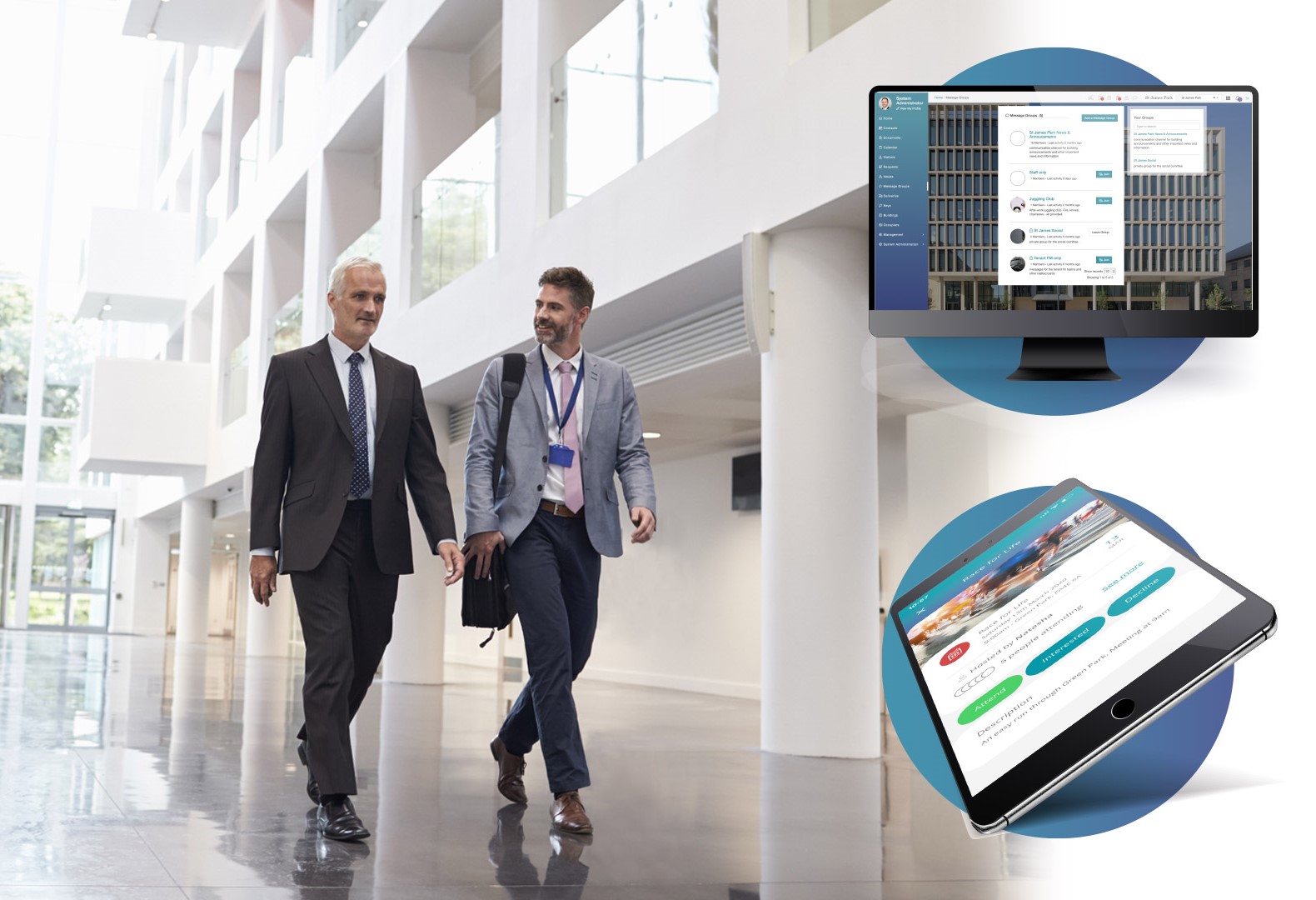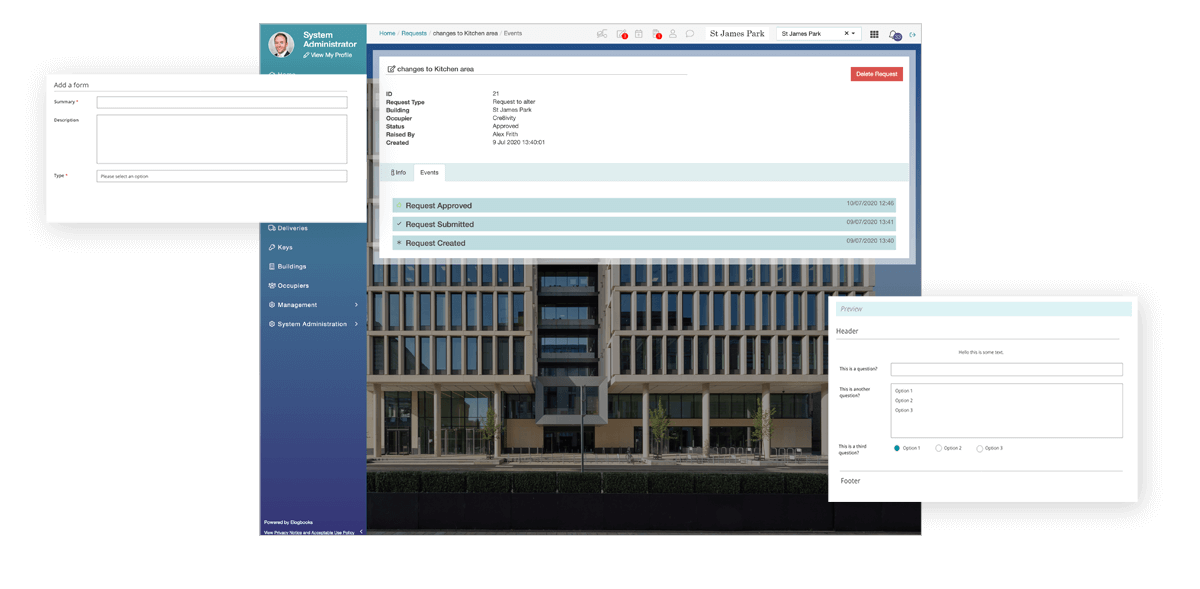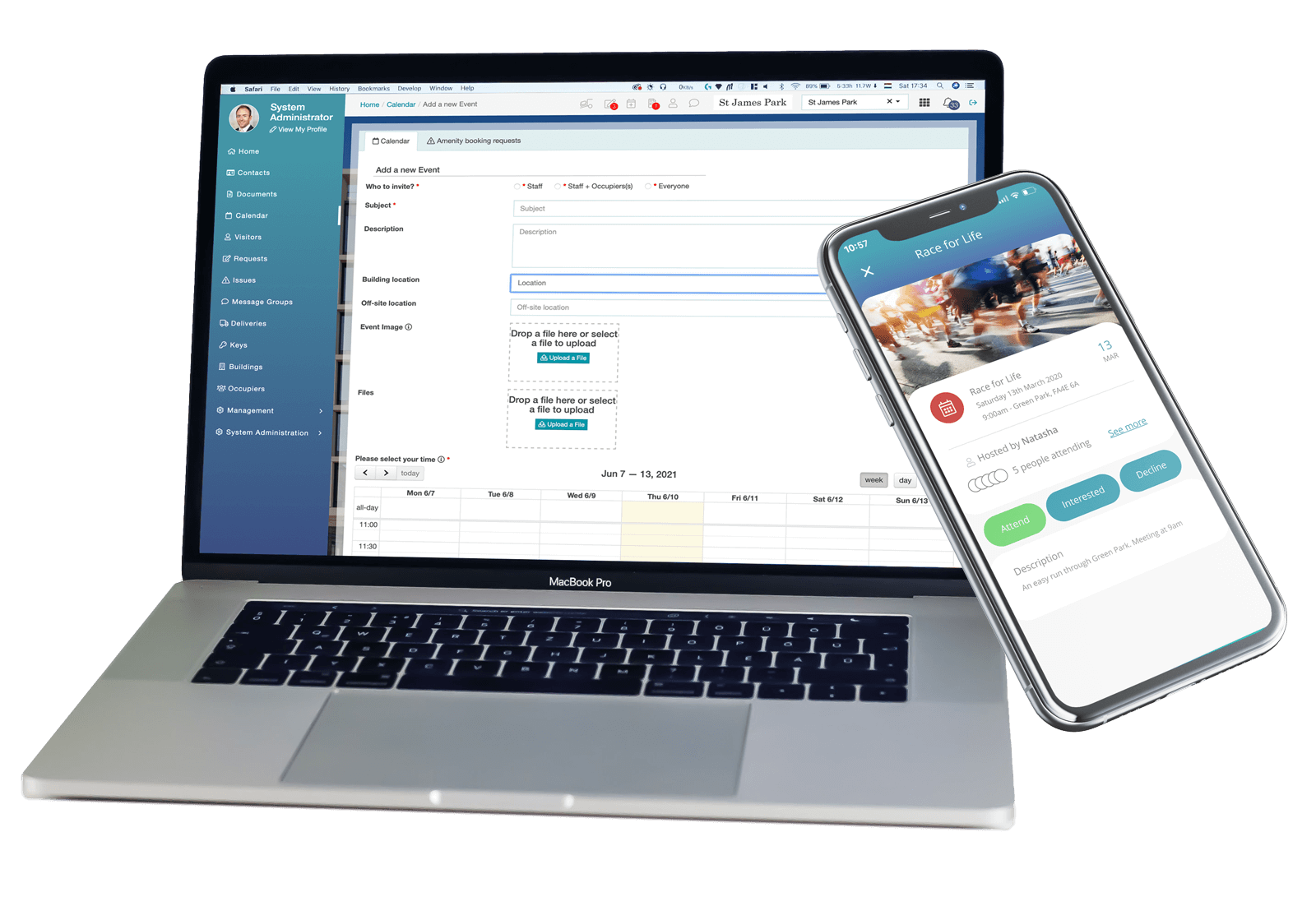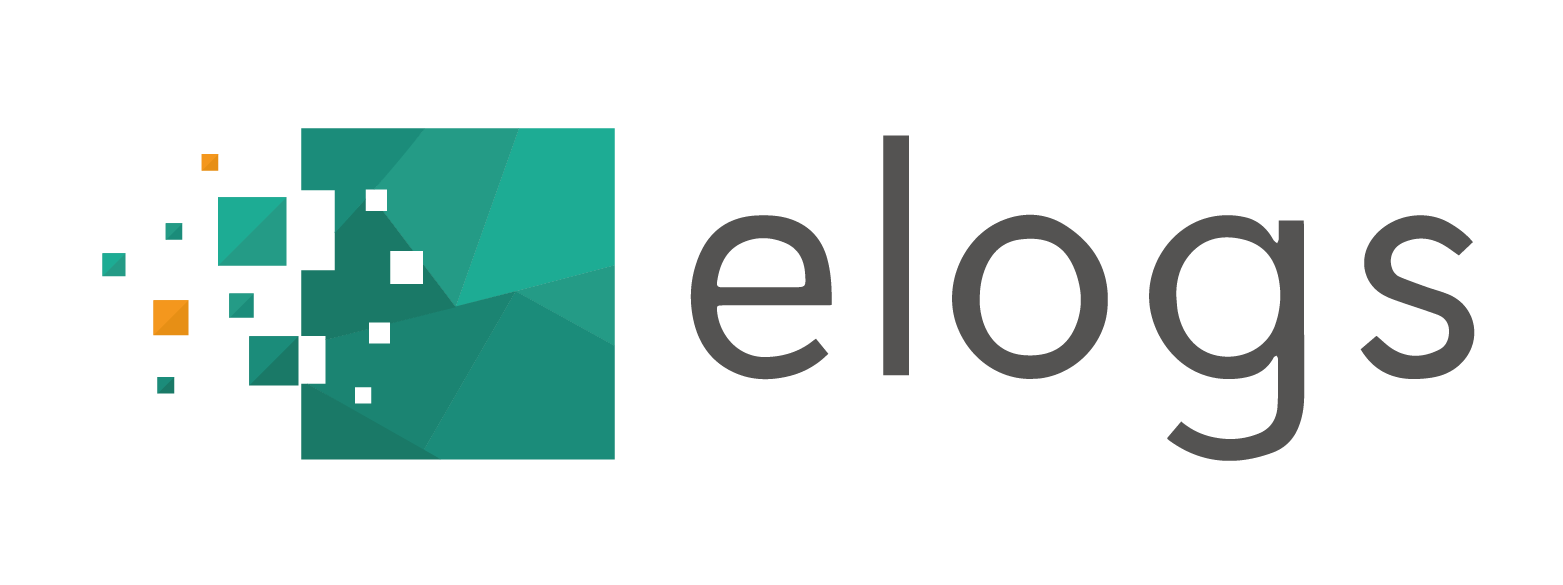How to Overcome Key Challenges in Facilities Management?

How to Overcome Key Challenges in Facilities Management?
There are a wide range of challenges in facilities management (FM). For facilities managers with a large property portfolio, it can be difficult to ensure the maintenance and safety across all your buildings.
From budget planning and finding reliable service providers, to ensuring compliance and communicating with stakeholders—facilities managers have a lot on their plate. But what challenges do facilities managers (FMs) face on a daily basis?
In this article, we’ll explore the key challenges facing facilities managers, how to effectively overcome these challenges and how Elogs Occupier Portal can help. We’ll also cover:
What is facilities management?
Getting to grips with what facilities management is and its purpose is vital in understanding FM challenges. Essentially, facilities management is the day-to-day maintenance and management of an organisation’s people and buildings. The aim of managing facilities is to ensure the functionality, health and safety, and sustainability of a building.
It plays a crucial role in property management and it’s essential in keeping your tenants, building occupiers, and colleagues safe and happy. For effective facilities management, you need to have a streamlined process in place to give you total visibility of your buildings.
What does a facilities manager do?
To understand the challenges facing facilities managers, it’s important to recognise the main functions of this role. A facilities manager can be responsible for a range of services, but these are generally split into two categories: soft FM and hard FM. These duties could include, but are not limited to, anything and everything from the list below:

- Maintaining budgets & developing strategies.
- Ensuring compliance across their buildings.
- Selecting and managing service providers.
- Organising the maintenance of equipment and assets.
- Developing and implementing an ESG strategy.
- Planning building inspections and works.
- Managing and storing building documentation.
- Using FM software to streamline management process.
- Managing building visitors and events.
- Reporting on building efficiency and compliance.
- Communicating with tenants and key stakeholders.
As you can imagine, balancing all these tasks can be difficult for facilities managers. That’s why it’s important to understand the key challenges they face and how to effectively overcome them.
What are the key challenges that facilities managers face?
Maintenance of equipment
When managing a large property portfolio, it can be difficult to effectively maintain equipment across all your buildings. This is especially difficult when trying to meet ESG goals and ensure all equipment is energy efficient and functional.
Without maintaining equipment regularly, it can easily wear out and become more prone to failures—this can result in health and safety breaches as well as expensive repairs. That’s why reactive maintenance is a less popular choice for FMs as it often leads to a lot of unseen costs.

The challenge for facilities managers is finding an effective maintenance strategy that ensures equipment and assets are optimised for performance. Implementing a planned preventative maintenance strategy can be a great way to add value and extend the lifecycle of your assets.
It’s also a good idea to invest in some reliable software, such as Elogs Occupier Portal, which can simplify the maintenance process. As a standalone tool, Occupier Portal allows tenants to log maintenance issues and effectively communicate with facilities managers when a problem arises.
Occupier Portal can also integrate with Elogs CAFM which helps FMs track maintenance issues across their buildings and provide tenants with automated maintenance progress updates so that everyone stays informed.
Communication with tenants
It’s easy for facilities managers to let communication with their tenants slip from time to time. If you’re managing multiple properties across the country, it can be difficult to keep in touch with all your tenants and ensure they are satisfied.
It’s particularly laboursome and time-consuming to spend hours sending out emails and making phone calls to each individual tenant. That’s why it’s a good idea to invest in a software that can help you stay in the loop and streamline communication.

Elogs Occupier Portal can be especially helpful in improving communication, allowing you to keep in touch with your tenants 24/7. The message board enables facilities managers to easily communicate with tenants and site staff, as well as allowing tenants to raise building issues and receive progress updates.
In a world where technology is king, it’s important to retain the human touch—that’s why Occupier Portal has been designed to help you and your tenants communicate better. Ultimately, Occupier Portal saves you time by giving you a simple way to stay connected, leading to happier tenants and better professional relationships.
Visitor Management
Facilities managers are also responsible for managing visitors across their properties. This is an important part of facilities management as it helps ensure the safety and security of your buildings. A visitor management system gives you a clear view of exactly who is in your buildings at any given time. This is even more important if some of your buildings host events where different people are filtering in and out all the time.
Having a visitor management process in place also provides a better experience for your visitors, tenants, and front-of-house staff. It will improve your business’ reputation and ensure that visitors return to your building time and time again.
This can be difficult to manage without the support of technology, as doing it manually requires a lot of manpower. Occupier Portal also includes a calendar system which allows FMs to manage, and book shared entities, such as meeting rooms. This gives them an overarching view of booked resources, saving time, and ensuring effective facilities management across the board.
Occupier Portal is a great solution for this as it allows you to manage visitors with ease. It enables you to control building processes such as visitor sign ins and documentation management—the best part is that it’s all in one place so you can get all the information you need at a glance.
The platform also allows you to print visitor passes while also letting visitors sign themselves in and out of a building. With Occupier Portal, you can know exactly which visitors are expected on site, making your visitor management process simple.
Controlling and managing documentation
Part of being a facilities manager involves keeping track of documentation regarding your buildings. With a large property portfolio, it can be difficult to store, track, and report on your documents securely.
As a facilities manager, keeping documents up to date is vital, particularly in ensuring compliance. Manually storing and managing documentation is cumbersome and it’s easy for important information to become outdated.
Occupier Portal allows FMs to easily share required, recommended, and critical documents with their colleagues and tenants. In the same way, tenants can also share these documents with their FMs. The platform can also send an alert when a document is due for renewal. With the Elogs CAFM integration, documents can be pushed to Occupier Portal, removing duplication of effort.
How can Occupier Portal help you overcome facilities management challenges?
Elogs Occupier Portal is a cloud-based property portal that makes it easier for facilities managers to manage their buildings. The wide range of features enables you and your staff to control different building management processes all from one place. These features include request management, visitor management, documentation management, a personalised dashboard, and more.
Occupier Portal offers a wealth of benefits for facilities managers, including:
- Improved communication: Streamline communication with your tenants using the message board and build better professional relationships.
- Ability to track issues: Tracks volume of building maintenance issues so that you can see any current problems occurring within your buildings.
- Integration with Elogs CAFM: Experience total visibility of your properties with Elogs CAFM + Service Desk, integrated with Occupier Portal.
- Improved documentation management: Share critical, required, and recommended documentation with tenants and colleagues.
Ultimately, Occupier Portal has been designed to support facilities managers with their day-to-day challenges. It gives you total control of your buildings’ processes and ensures a high-quality service 24/7.
Overcome the key challenges in facilities management and enhance your business’ performance with Elogs Occupier Portal!



